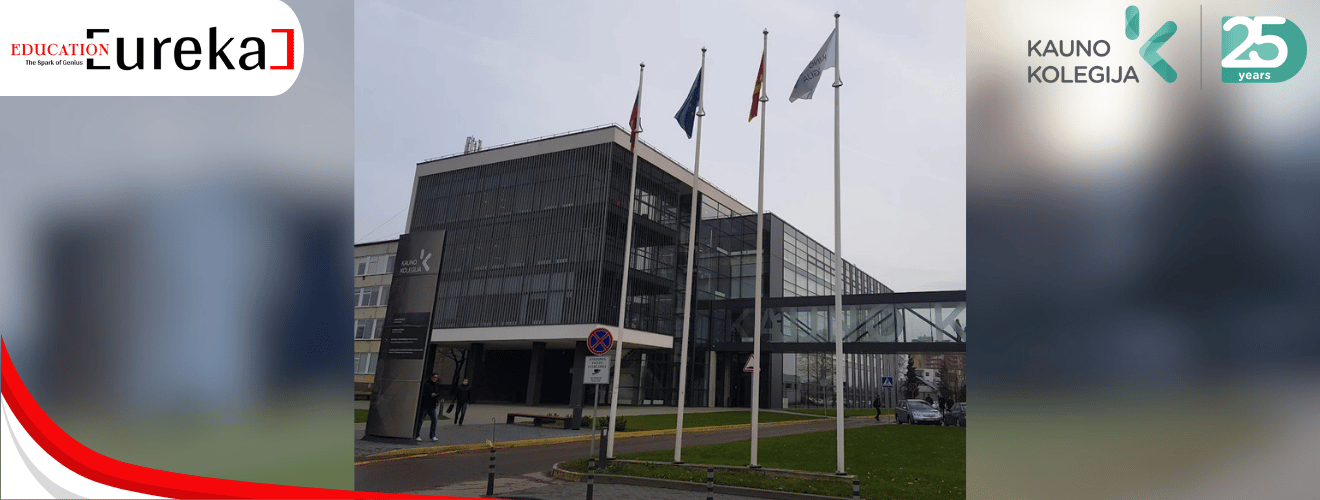
In a world where theoretical knowledge often remains confined to textbooks, students face the growing challenge of translating what they learn into tangible skills. Kauno kolegija Higher Education Institution rises to meet this gap head‑on. This multidisciplinary state institution in Lithuania offers over 50 bachelor’s programmes spanning technology, informatics, engineering, medicine, humanities, arts, social sciences, business, law, and agriculture.
By integrating at least one‑third practical training into every curriculum, Kauno kolegija ensures students graduate with more than academic credentials, they possess real‑world experience . This hands‑on emphasis is further supported by interactive teaching methods: from role‑playing and team assignments to online projects and educational games .
With about 5 500 students and over 600 academic staff, the institution thrives on close collaboration between educators, employers, and learners. Internationalisation is a key pillar: Kauno kolegija holds an Erasmus Charter for 2021–27, partners with over 200 institutions in 37 countries, and awards international and double degrees.
Driven by values of responsibility, professionalism, openness, respect, and community, Kauno kolegija cultivates professionals who are creative, civic‑minded, and ready for the global labour market, an example to bridging the gap between theory and practice.
At the turn of the millennium, Lithuania stood on the brink of change. The country was embracing independence, modernization, and a deep transformation of its education system. It was in this spirit of renewal that Kauno kolegija – a higher education institution based in the heart of Kaunas – came into existence on 1 September 2000. But its birth wasn’t sudden. It was a careful weaving of legacy and ambition. The roots of Kauno kolegija can be traced back to the mid-20th century, with vocational and technical schools that educated engineers, economists, nurses, and artists. From the Pulp and Paper Industry School of 1945 to drawing courses dating back to 1922, the spirit of applied learning had always quietly thrived in Kaunas.
When Kauno kolegija was officially established, it carried more than the names of two merged institutions, it carried decades of silent perseverance and untapped potential. Lithuania was adopting a binary system in higher education, introducing professional bachelor degrees that combined theory with hands-on practice. Kauno kolegija was among the first to implement it. Its mission was clear: provide practical, high-quality education that would serve not just classrooms, but industries and communities. And right from the beginning, it became a place where textbooks met tools, and ideas met action. The people who built it, educators, visionaries, administrators, believed that education wasn’t just about degrees. It was about making a difference. In those early days, as chalkboards were replaced with projectors and paper notes with computers, a quiet revolution was taking shape. A revolution that would soon grow beyond the boundaries of Kaunas, beyond Lithuania, even beyond borders.
The early years at Kauno kolegija were full of grit, growth, and grounding. The institution wasn’t content with just being new; it wanted to be excellent. In 2005, just five years after its founding, it received its first official accreditation, and passed with flying colors. That same year, it won the National Quality Competition for how well it implemented the Erasmus student exchange program. These achievements were more than trophies. They were signals to the world: Kauno kolegija wasn’t here to follow trends. It was here to set them.
As Lithuania embraced its place in the European Union, Kauno kolegija began to build its own identity—not just as a local college, but as a regional force in higher education. It expanded with purpose. New buildings began to rise, including a modern academic complex and a sports facility that opened to students in 2014. State-of-the-art labs, student dormitories, and open libraries transformed the student experience. The library itself became a symbol of access, offering 90,000 books, online databases, and academic literacy tools.
But infrastructure was just one piece. The heart of Kauno kolegija’s success was its people. Teachers became mentors. Students became co-creators in the learning process. Feedback wasn’t ignored; it was celebrated. Whether it was healthcare or business, technology or art, every program was designed with one purpose: to equip students for real life. One-third of every course was hands-on practical work. Because in the real world, success isn’t measured in grades, but in skills, responsibility, and readiness. And that readiness was something Kauno kolegija quietly instilled in each student who walked through its doors.
As Kauno kolegija grew stronger at home, it began looking outward. The goal wasn’t just to be good in Lithuania, it was to be relevant in Europe and beyond. Long before internationalisation became a trend, Kauno kolegija had already embraced it. In fact, it was participating in Erasmus mobility programs as early as 1999, before the institution had even officially opened. That early start laid the groundwork for something remarkable.
By the 2020s, Kauno kolegija had established partnerships with over 200 institutions across more than 35 countries. Students weren’t just traveling to Germany or Italy; they were working on projects with peers in France, Finland, and Spain. One such initiative, UNINOVIS, brought together universities from six countries to co-create programs focused on data science and innovation. And in 2024, the European Commission selected Kauno kolegija as a lead institution to implement the project, proving that it wasn’t just participating in Europe’s future; it was helping shape it.
These weren’t just bureaucratic wins. They changed lives. Students experienced different cultures, learned new languages, and brought fresh perspectives back to Kaunas. Professors co-authored research papers with foreign academics. Curriculums became more inclusive, more dynamic. And in every international project, from green skills to wellness tourism, the name Kauno kolegija began to carry weight. It became clear: this institution wasn’t a small dot on the map. It was becoming a bridge between the Baltic region and the broader academic world. And for its students, that meant an education that wasn’t confined to walls or borders, it was built for the world they were about to enter.
Step inside any classroom at Kauno kolegija today, and you won’t just see desks and whiteboards. You’ll see students building prototypes, presenting business plans, designing visuals, and performing simulations. Education here isn’t passive. It’s electric. That’s because the institution is built on a belief: students don’t learn best by listening, they learn best by doing.
This approach has shaped everything. Faculty members are encouraged to innovate, experiment, and update their methods regularly. From virtual reality in healthcare training to interactive role-playing in law classes, the goal is the same: make learning come alive. Projects are interdisciplinary and often reflect real-world issues. In some classes, students are asked to solve challenges faced by actual companies. In others, they work on global sustainability issues. There are no ivory towers here, only open doors to the industries that await them.
And it doesn’t stop at graduation. Kauno kolegija wants students to leave with more than a degree, it wants them to leave with confidence, practical skills, and an entrepreneurial mindset. That’s why it has committed itself to becoming an “ecosystem for startups.” Students are guided to turn ideas into businesses, to pitch, to prototype, to take risks. Innovation isn’t just a word on a brochure, it’s a way of thinking.
That mindset spills over into research, too. Faculty-led applied research is strongly encouraged, especially when it serves local communities or industries. And whether it’s a wellness tourism study or a green skills project, the common thread is always the same: knowledge should help people. At Kauno kolegija, innovation is not about flashy technology. It’s about meaningful, practical, human-centered progress.
As Kauno kolegija approaches its 25th year, it does so not with nostalgia, but with momentum. From a small, determined start in 2000 to becoming one of the most trusted institutions for applied sciences in Lithuania, it has walked a long, purposeful path. Today, with more than 6,800 students and over 900 staff members, it’s no longer just a college, it’s a community. A network. A growing force for change.
One of the biggest developments in recent years is the expansion into regional cities like Kėdainiai, Tauragė, and Druskininkai. And most recently, in July 2024, the city of Alytus officially became part of the Kauno kolegija family. This isn’t just about growth, it’s about access. It’s about making sure that high-quality education reaches every corner of the country, not just the capital. The vision is clear: education should be lifelong, inclusive, and empowering.
Looking ahead, the strategic plan for 2025 and beyond is bold. The institution is committed to becoming a European center of excellence in applied science, entrepreneurship, and sustainable development. That means investing in green technologies, fostering digital learning, and continuing to build partnerships that benefit both students and society. The goal isn’t to chase prestige. It’s to create impact.
And perhaps that’s the most inspiring thing about Kauno kolegija. It never forgets who it’s for. The students from small towns, the working professionals returning for lifelong learning, the dreamers who want more than theory, they are the reason this institution exists. In every corridor, lab, and lecture hall, you can feel it: this isn’t just a place to study. It’s a place to believe.
Discover more insightful articles on education trends, exclusive interviews, in-depth magazines, and the latest educational news—explore now on the Education Eureka website.

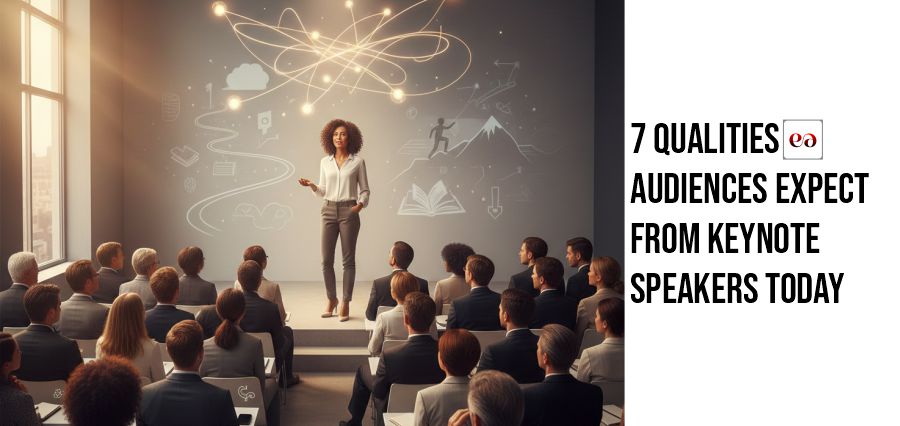
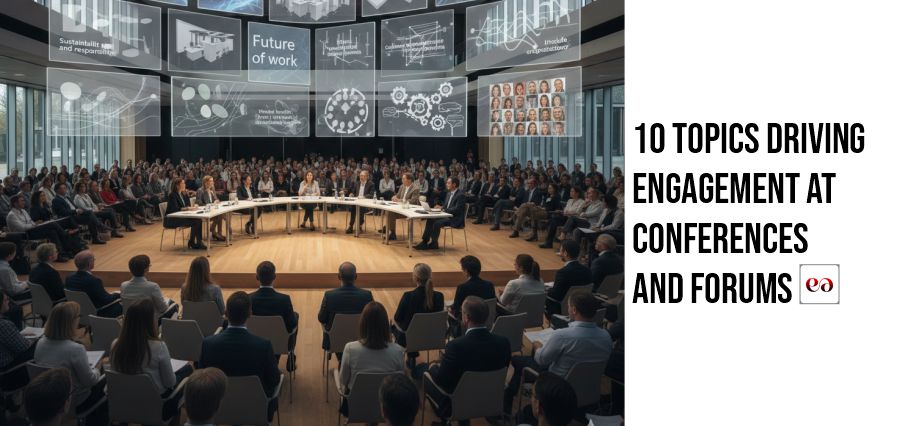
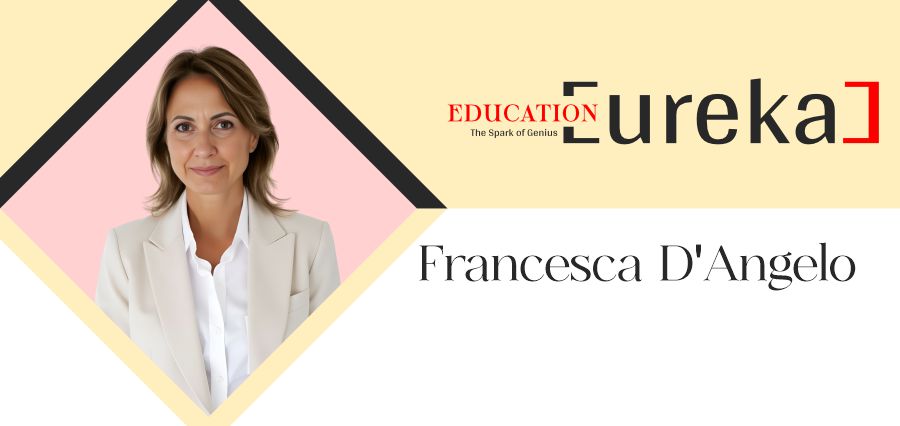
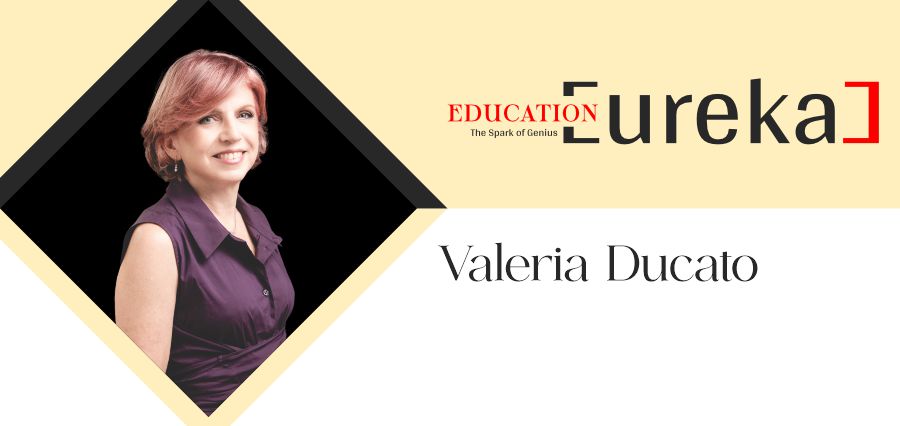
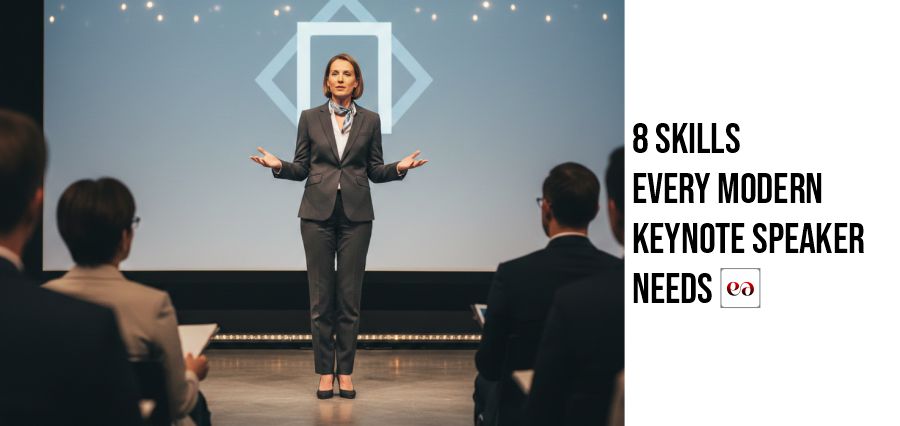
Welcome to the future of digital storytelling, where creativity meets innovation. We’re not just a magazine platform; we’re a team of passionate visionaries committed to transforming how stories are shared, celebrated, and experienced in the digital age. Join us as we inspire, inform, and redefine the world of digital magazines.
© Copyright 2025 | educationeureka | All Rights Reserved.